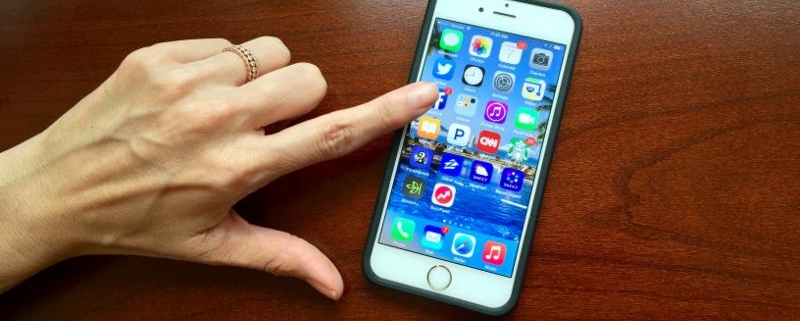Apple Inc. Settles $24 Million Consumer Lawsuit
San Diego County District Attorney Summer Stephan announced today that Apple Inc. will pay $24.6 million to settle a California lawsuit alleging the company failed to disclose that iPhone software it instructed consumers to download intentionally slowed down the performance in older iPhones. In a separate action, the tech company is simultaneously settling a nationwide lawsuit for $113 million under the same basis. [TWEET THIS]
The Cupertino, CA-based company reached a settlement with the San Diego County District Attorney’s Office, as well as the California Attorney General’s Office, Alameda, Los Angeles, Santa Clara and Santa Cruz County District Attorney’s offices. Apple Inc. will pay $4.1 million in fines to each agency.
The Consumer Protection Units of the San Diego, Los Angeles, Alameda, Santa Cruz and Santa Clara County District Attorneys’ Offices and the California Attorney General’s Office jointly conducted an extensive consumer protection investigation into the cell phone operations of Apple, Inc., focusing on Apple’s practice of providing updates to its cell phone operating systems that impaired or slowed the performance of those phones without disclosing the performance reductions to consumers.
“Our Consumer Protection team used their expertise working with colleagues across the state to reach this $24.6 million settlement against Apple, making it one of the largest consumer protection judgments in the history of local California consumer protection.” DA Summer Stephan said. “This settlement delivers justice on behalf of iPhone users and makes it clear that companies that use unfair business practices, such as throttling or slowing iPhone performance, will be held accountable.”
The civil complaint, filed in Alameda County Superior Court, alleges that Apple Inc. violated state law by failing to timely and adequately disclose that its iOS software slowed down the performance of older iPhones as their batteries aged.
Dissatisfied customers and industry experts had complained that Apple iOS updates were causing reduced performance in some iPhones. In December 2017, Apple Inc. released a statement apologizing to consumers and providing an explanation about why it slowed down the iPhones. As part of the company’s statement, it said that the iOS 10.2.1 update, which it had issued nearly a year earlier, contained power management features for certain iPhones to prevent unexpected shutdowns. The company also said a subsequent iOS 11.2 update also contained these power management features affecting other iPhones. These power management features resulted in slowing down certain iPhones and causing some users to experience longer launch times for apps, lower speaker volume, backlight dimming, and other reductions in performance. The iPhones affected by these software updates included the iPhone 6, iPhone 6 Plus, iPhone 6s, iPhone 6s Plus, first generation iPhone SE, iPhone 7, and iPhone 7 Plus.
The People alleged that Apple Inc.’s failure to disclose these features at the time iOS 10.2.1 and iOS 11.2 were released constituted an unlawful business practice and violated California’s false advertising statute. Apple Inc. did not admit that it had violated any laws, but the company cooperated with the investigation.
Under the settlement terms, Apple Inc. has agreed to maintain easily accessible and prominent webpages that provide clear and conspicuous information to consumers about lithium-ion batteries, unexpected shutdowns, and performance management.
The webpages must provide guidance to consumers on steps they can take to maximize battery health and describe the operation of performance management and its impact on iPhone battery and performance.
Additionally, Apple Inc. has agreed to notify consumers in a clear and conspicuous manner if a future iOS update materially changes performance management features. [TWEET THIS]
A separate private class action lawsuit, announced earlier this year, will provide individual consumer restitution for these practices. (See In re Apple Inc. Device Performance Litigation, Case No. 18-MD-2827-EJD, U.S. District Court for the Northern District of California). The private restitution process is separate from The District Attorney and Attorney General law enforcement action. For more information on the private settlement see: www.SmartphonePerformanceSettlement.com.



